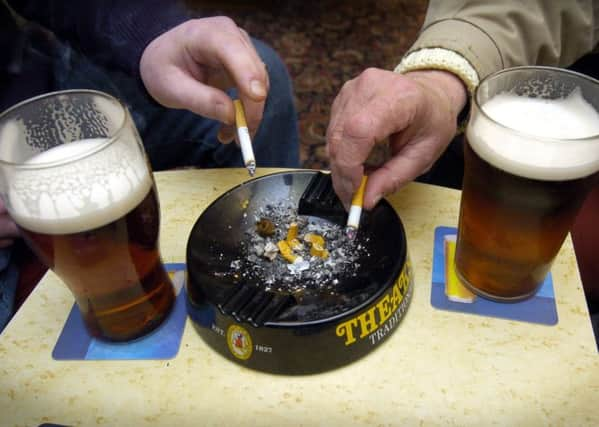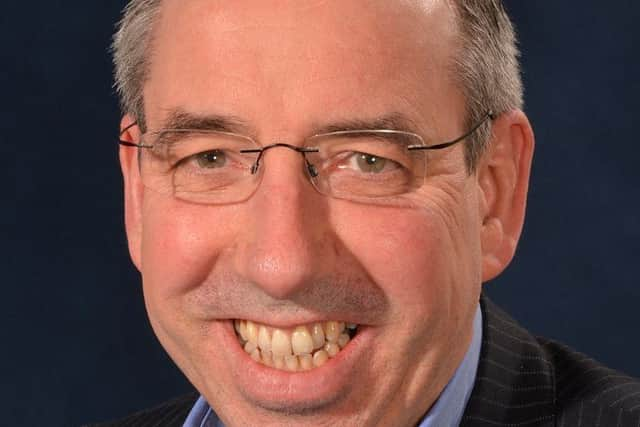Smoking ban cannot be blamed for all pub closures


There has been no significant downside to pubs as a result of the smoking ban introduced ten years ago, says the chairman of Lancaster Pubwatch.
Tim Tomlinson says that although trade was hit very badly in 2007, 2008 and 2009, with some of the more traditional pubs and pubs in small communities suffering, a relatively small number of pubs were affected by the smoking ban.
Advertisement
Hide AdAdvertisement
Hide AdTim’s comments came after new figures obtained by the smokers’ group show North West England has lost 1,788 pubs since the smoking ban came into force.


Tim said: “Most places did provide some form of smoking solution.
“The pub environment is much healthier now and everyone lifted their game. In general, pubs are a lot nicer as a result. There has been no significant downside at all from my experience, its a significant improvement for everyone. “
Angela Aspin, regional director at CAMRA (Campaign for Real Ale), said the smoking ban cannot be blamed for all closures since, though she said it had ‘a role to play in all this’.
Advertisement
Hide AdAdvertisement
Hide AdShe said: “Weak planning laws have made pubs an easy target for developers, with a loophole in the English planning system only being closed as recently as last month.


“While the smoking ban has had a role to play in all of this, it’s difficult to determine the impact on its own.
The ten year anniversary of the Smokefree legislation introduced on 1 July 2007, which banned smoking inside bars, clubs, restaurants and other public and work places, has been marked with a dramatic steep decline in smoking rates across the North West. The last few years have seen the steepest drop in numbers, down from 21.1% in 2012 to 16.8% in 2016.
Duncan Selbie, Chief Executive of Public Health England said: “The Smokefree legislation has been extraordinary in the way we now experience and enjoy pubs, clubs, restaurants and so many other public places.
Advertisement
Hide AdAdvertisement
Hide Ad“Young people have not had to experience the smoke filled bars and clubs that once choked their parents and workers. They’ve grown up in a world where smoking is no longer socially acceptable.


“The law has played a key part in the huge cultural change we have seen in the past decade, especially among younger people, a change that has literally saved thousands from disabling chronic diseases and premature death.”
The Royal Society for Public Health is calling for smoking exclusion zones to be considered in a number of locations, including outside school gates, hospitals, town squares, university campuses, and tourist hotspots (including zoos and theme parks).
They are calling for these bans to be enforced voluntarily, and think smoking exclusion zones are a great opportunity to try and make it easier for smokers to quit.
Advertisement
Hide AdAdvertisement
Hide AdA spokesman for the RSPH said: “It’s really important that e-cigarettes be exempt from the ban, so that smokers who would like to quit but need a nicotine hit are nudged towards making the switch to vaping, which is a far less harmful product, and can help people stop smoking.”